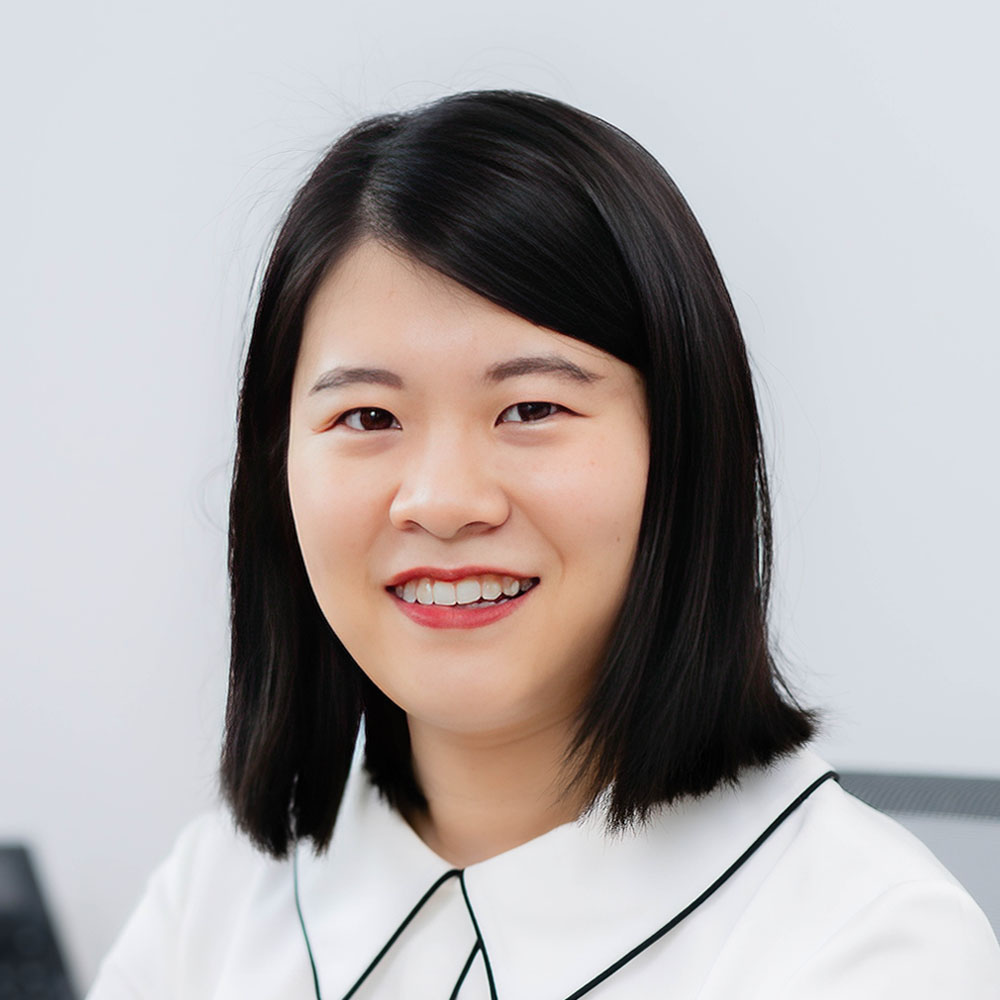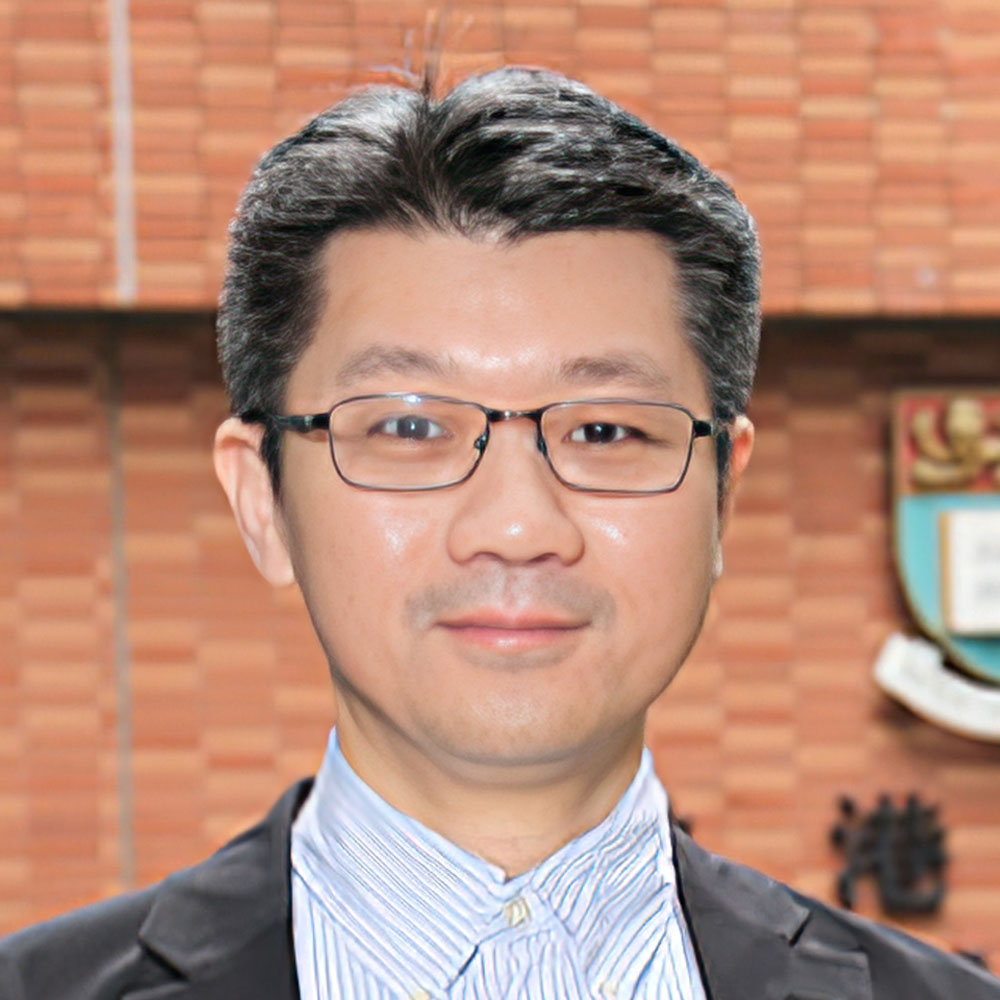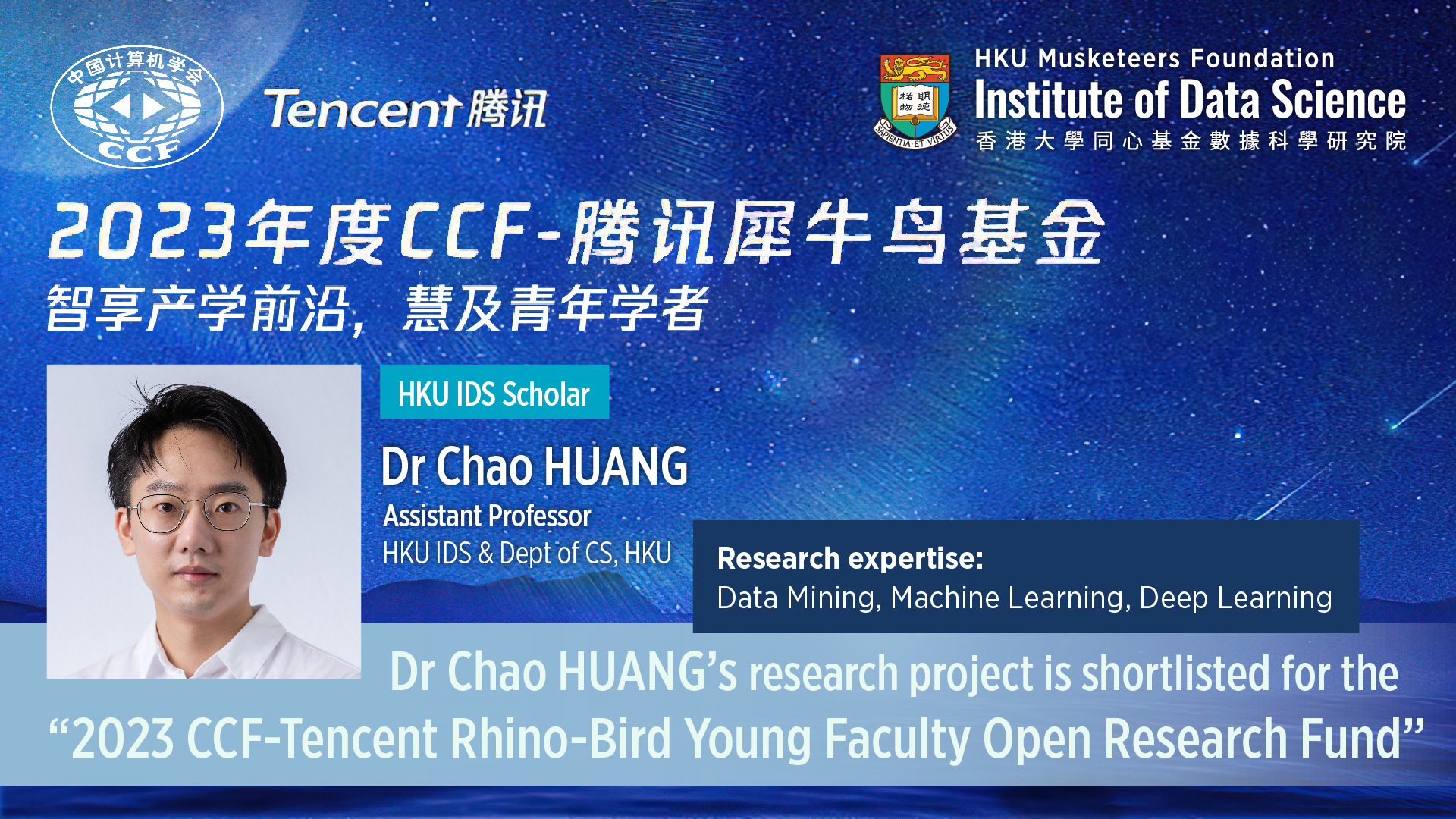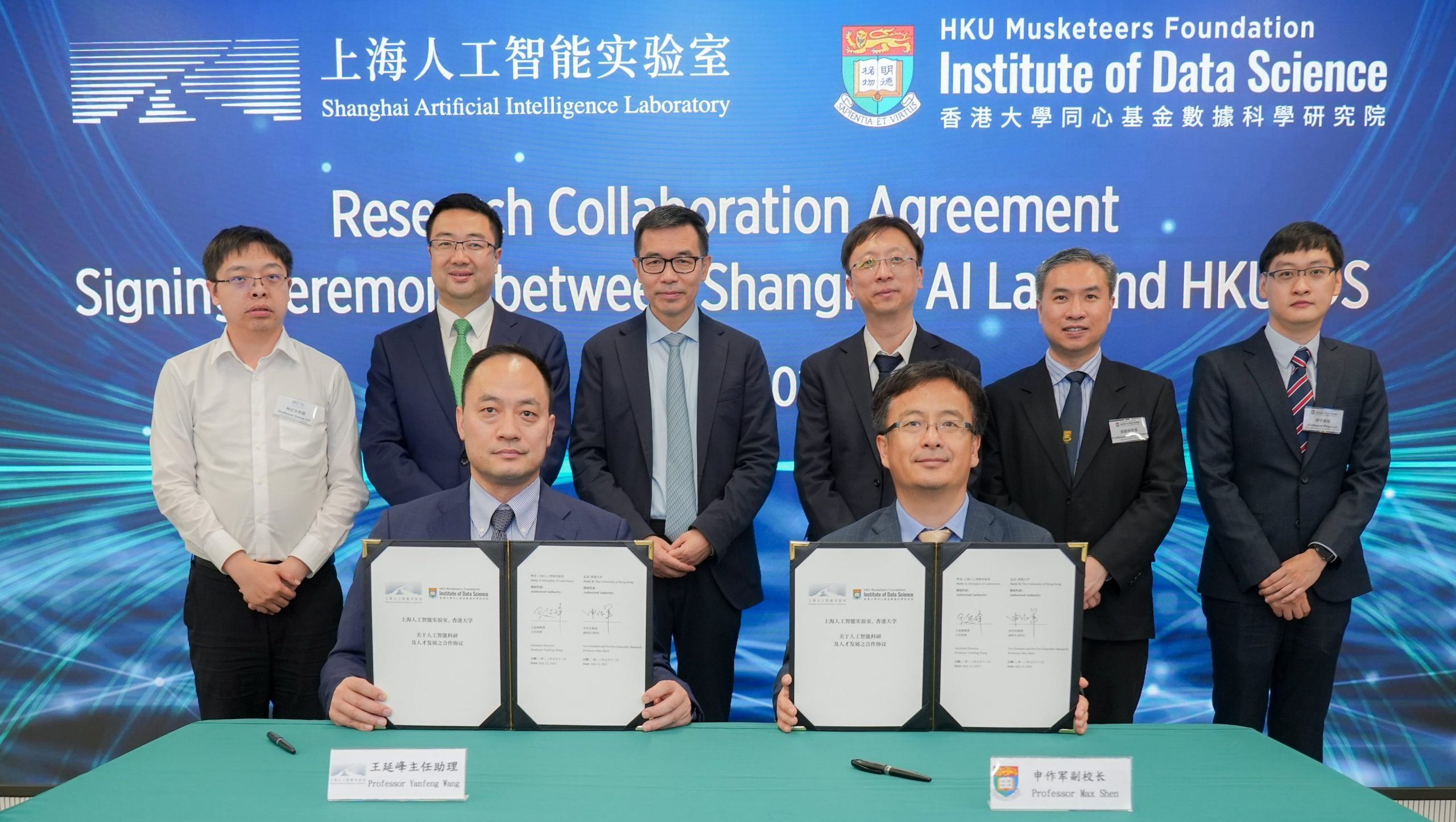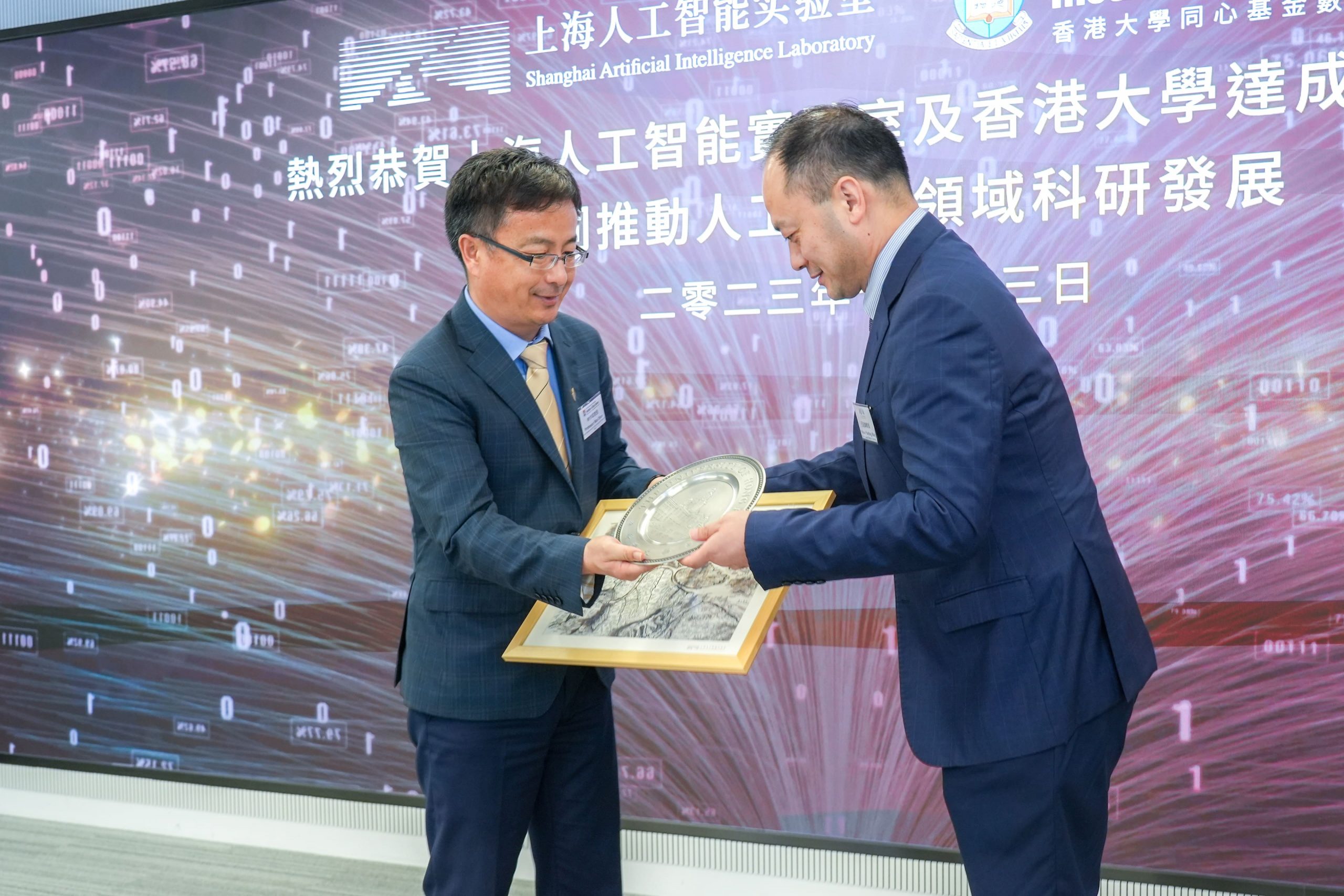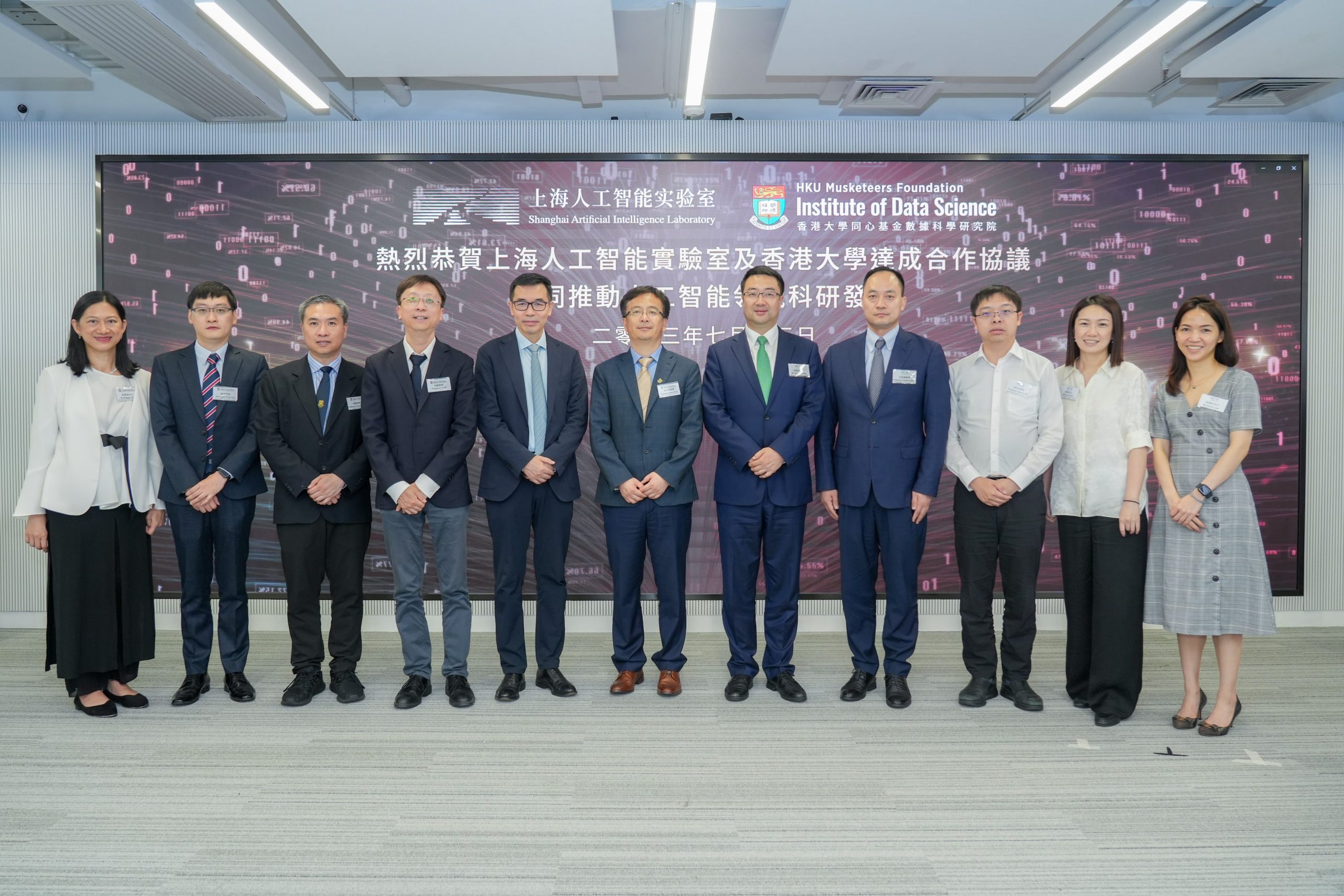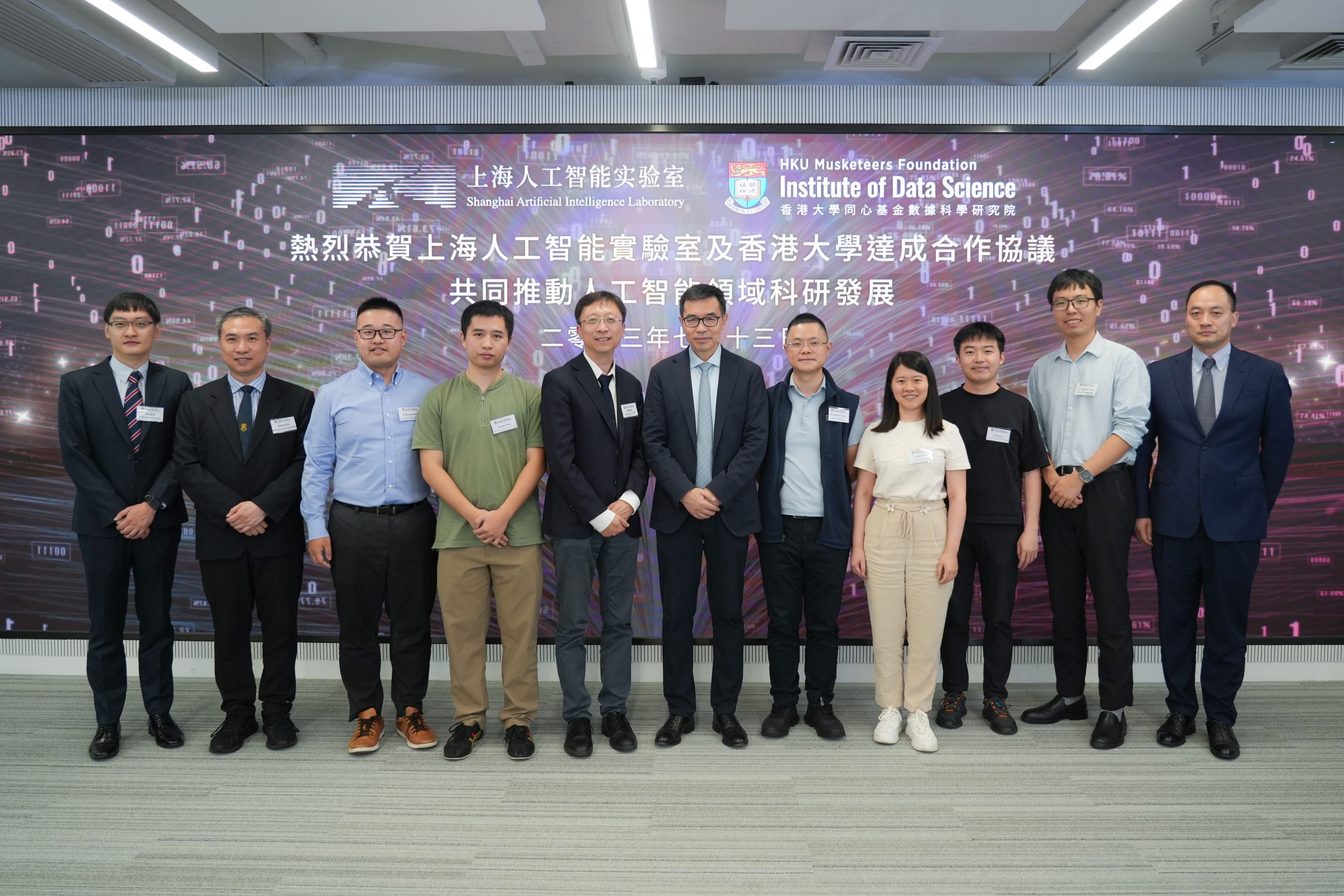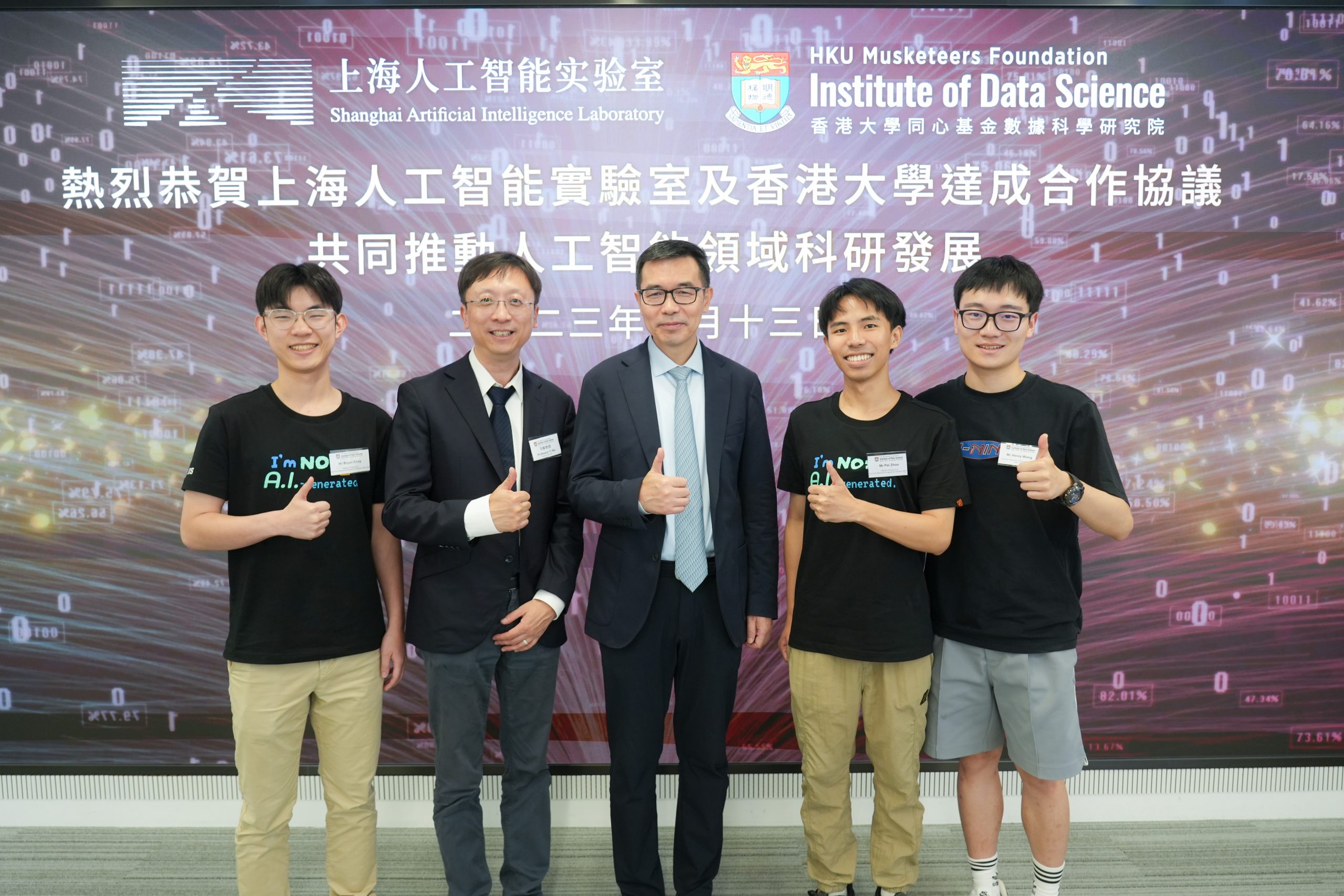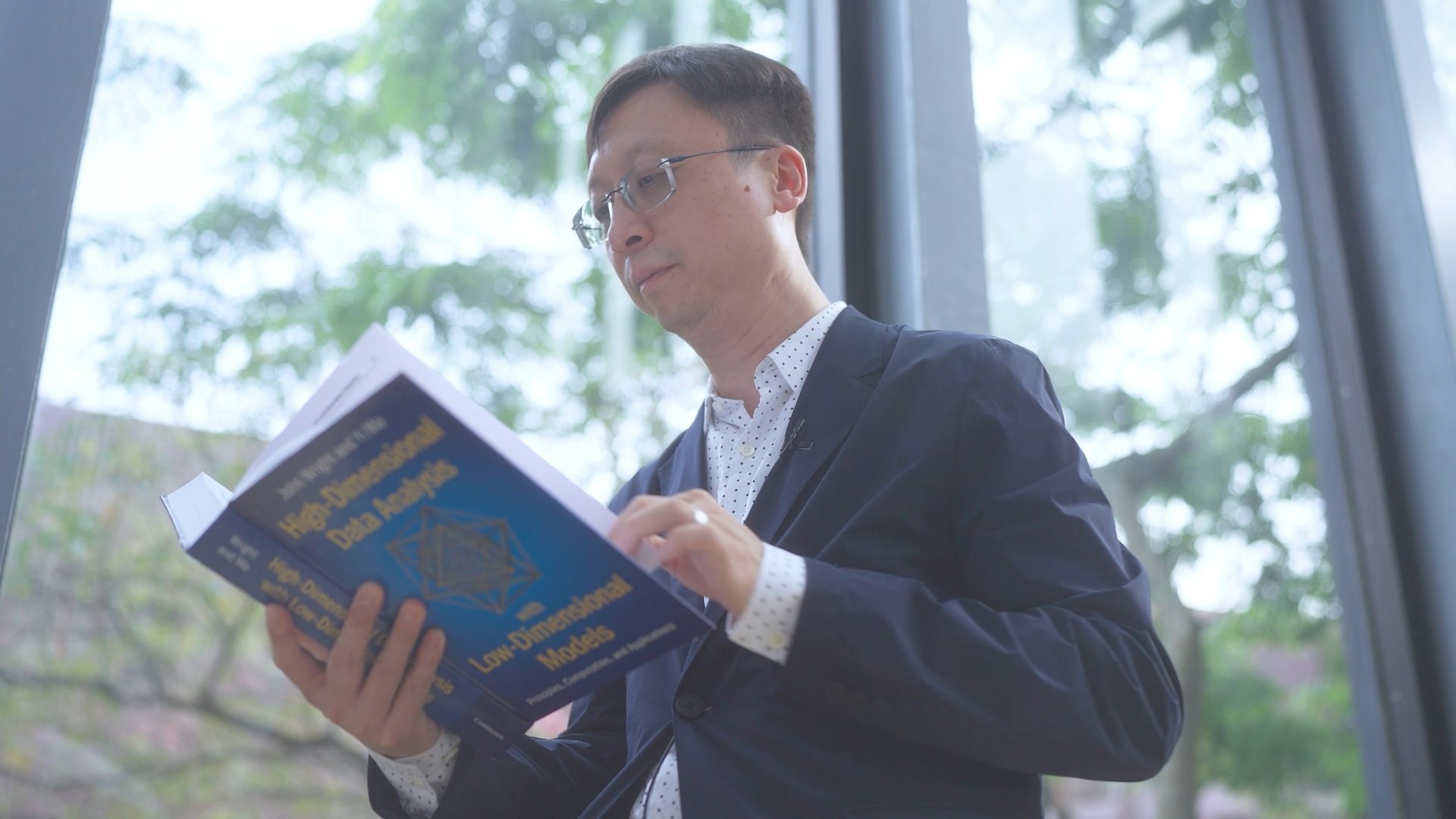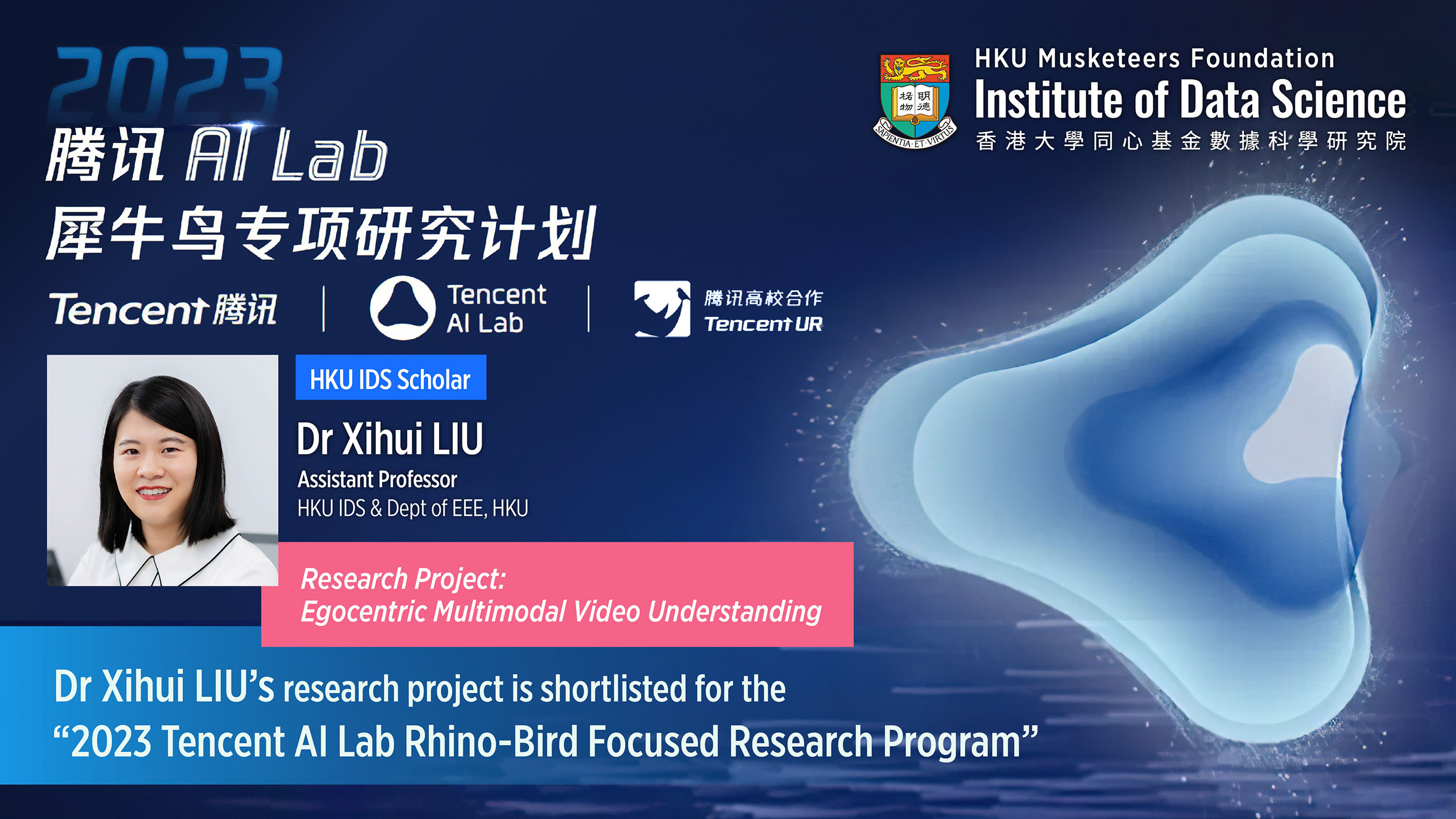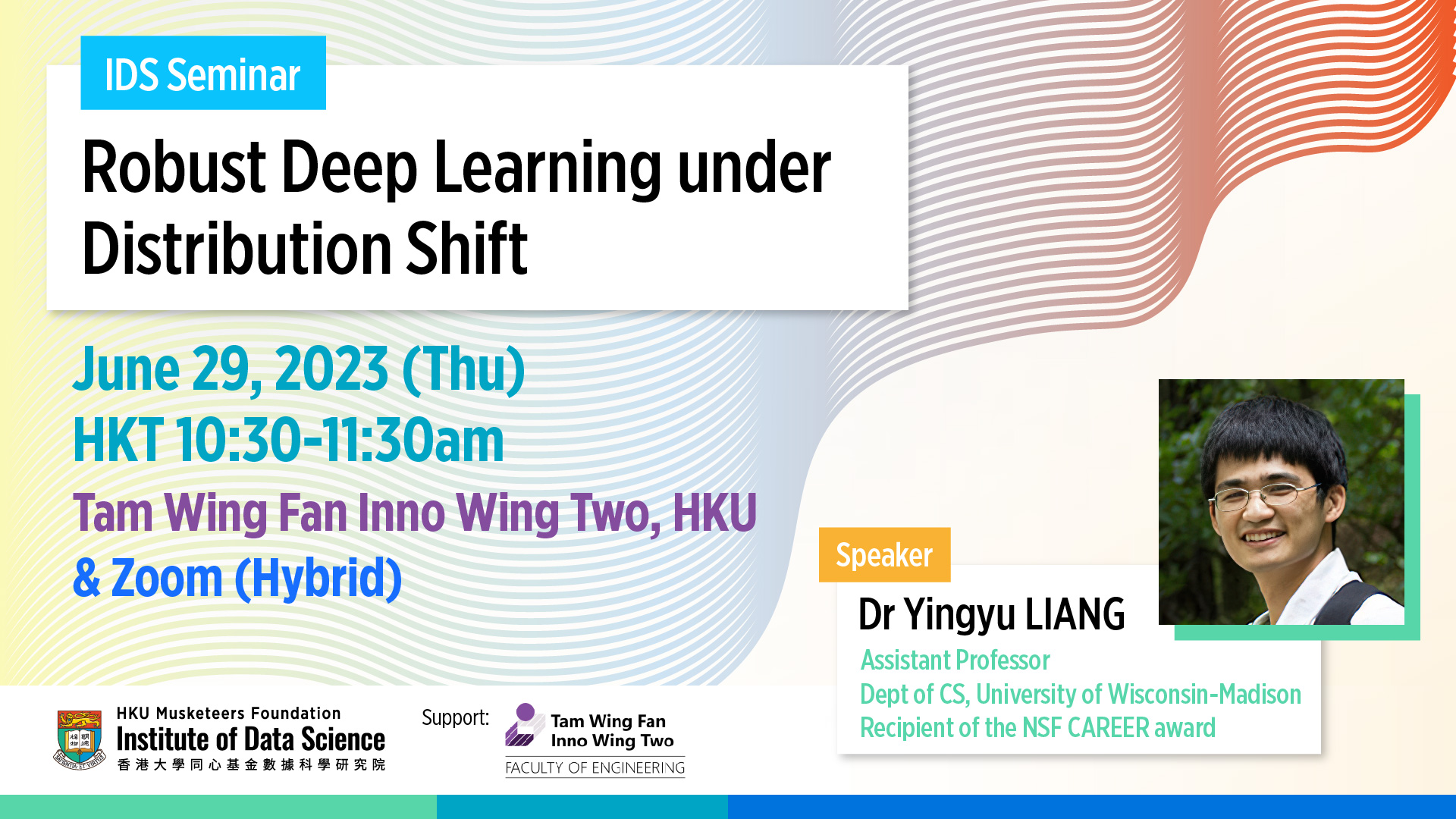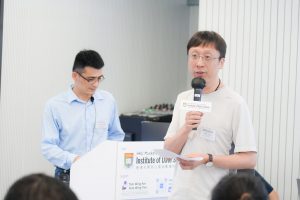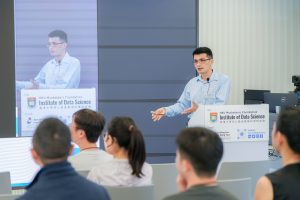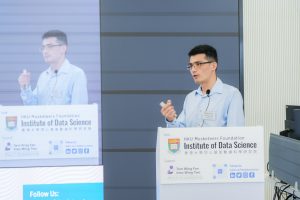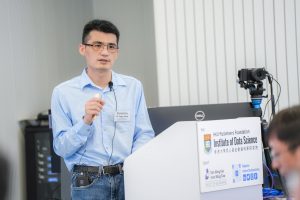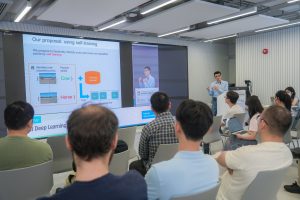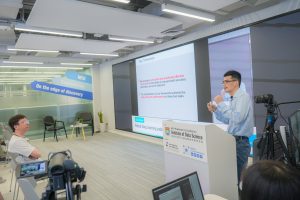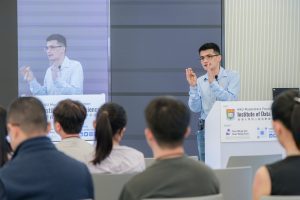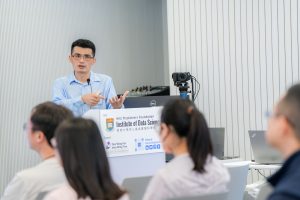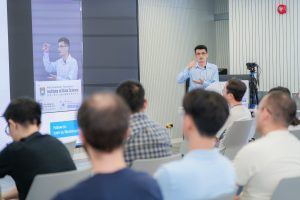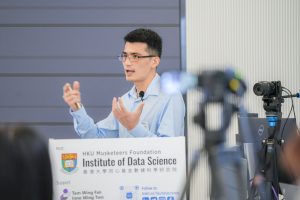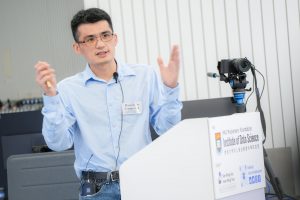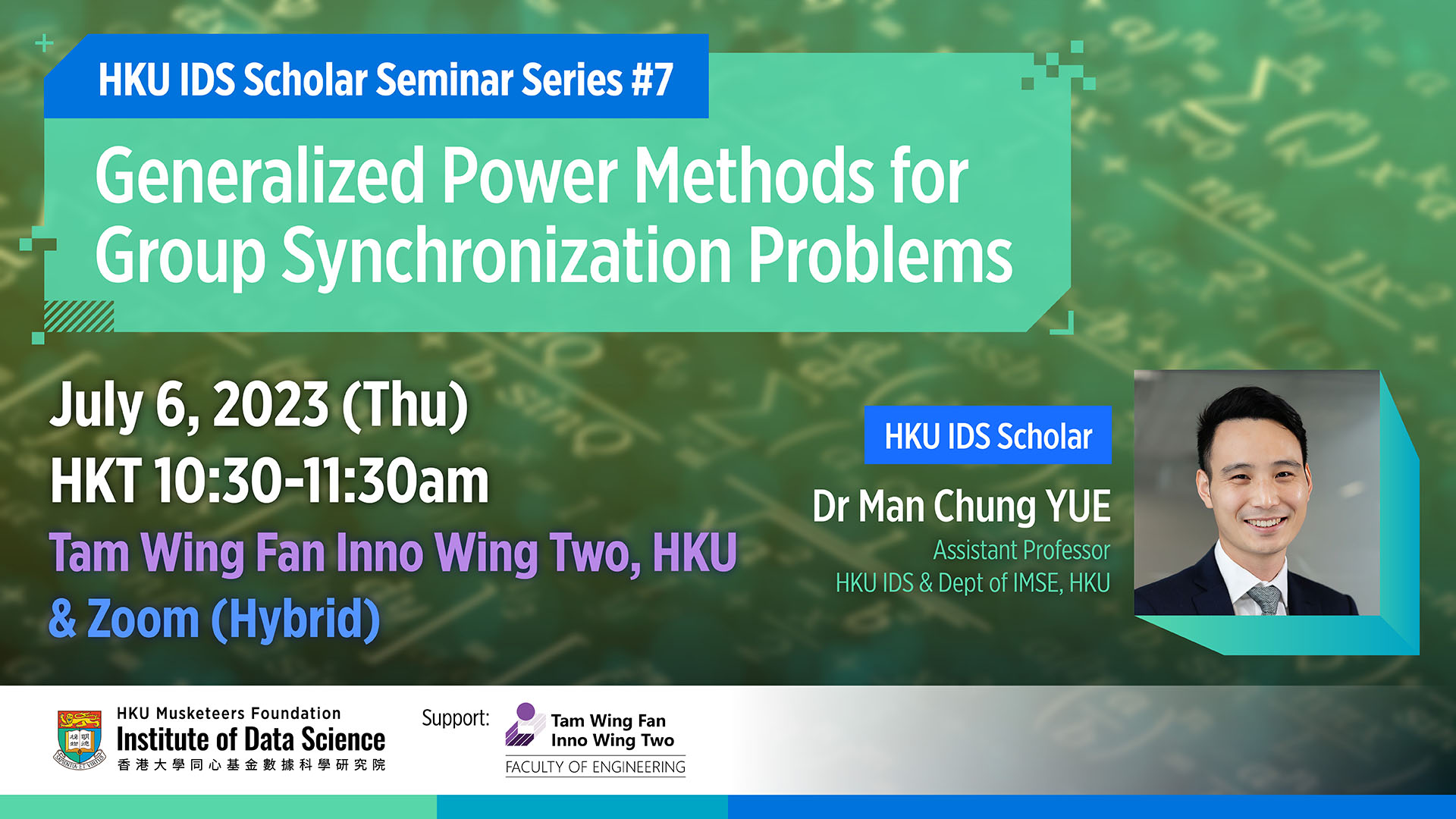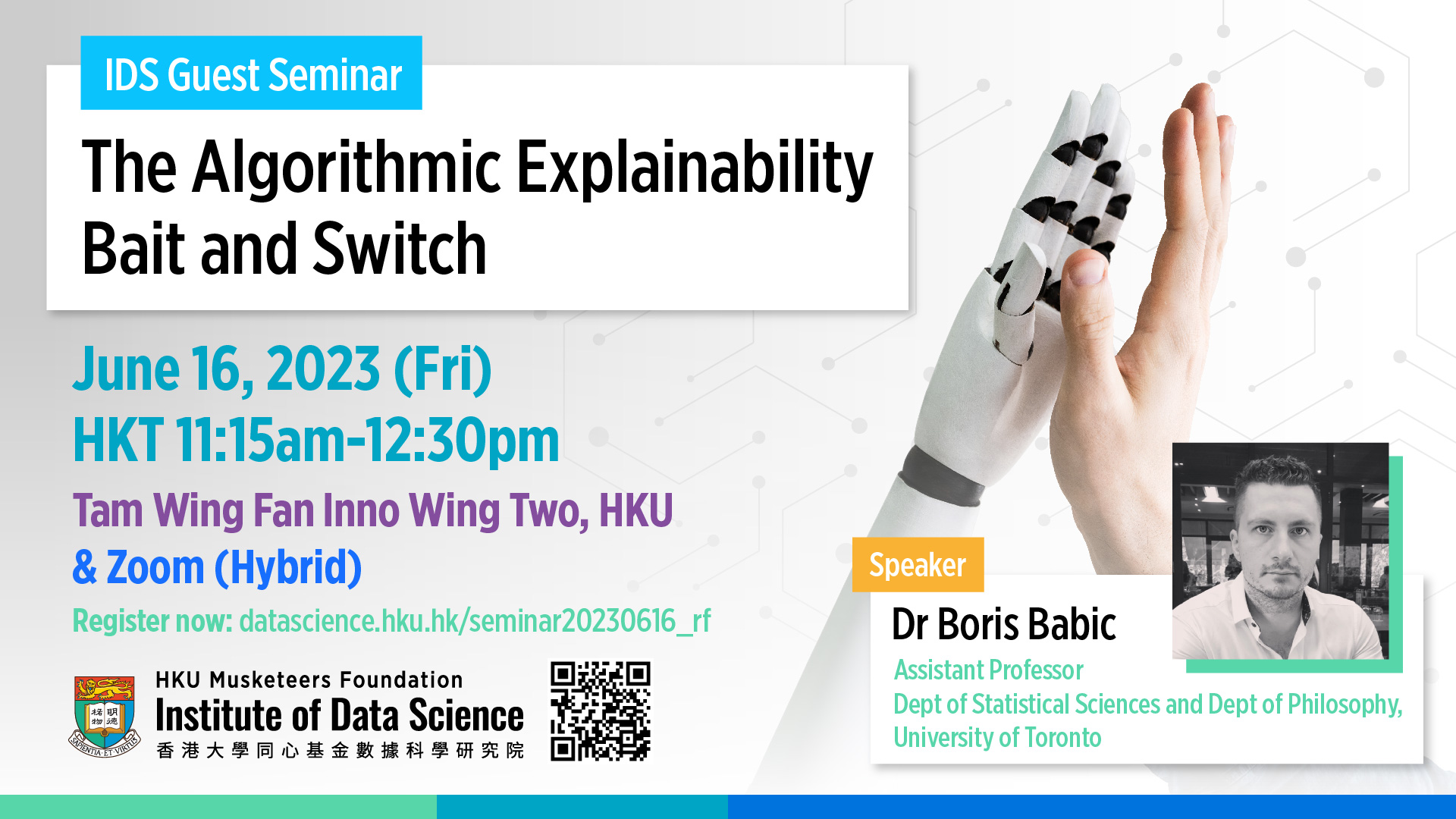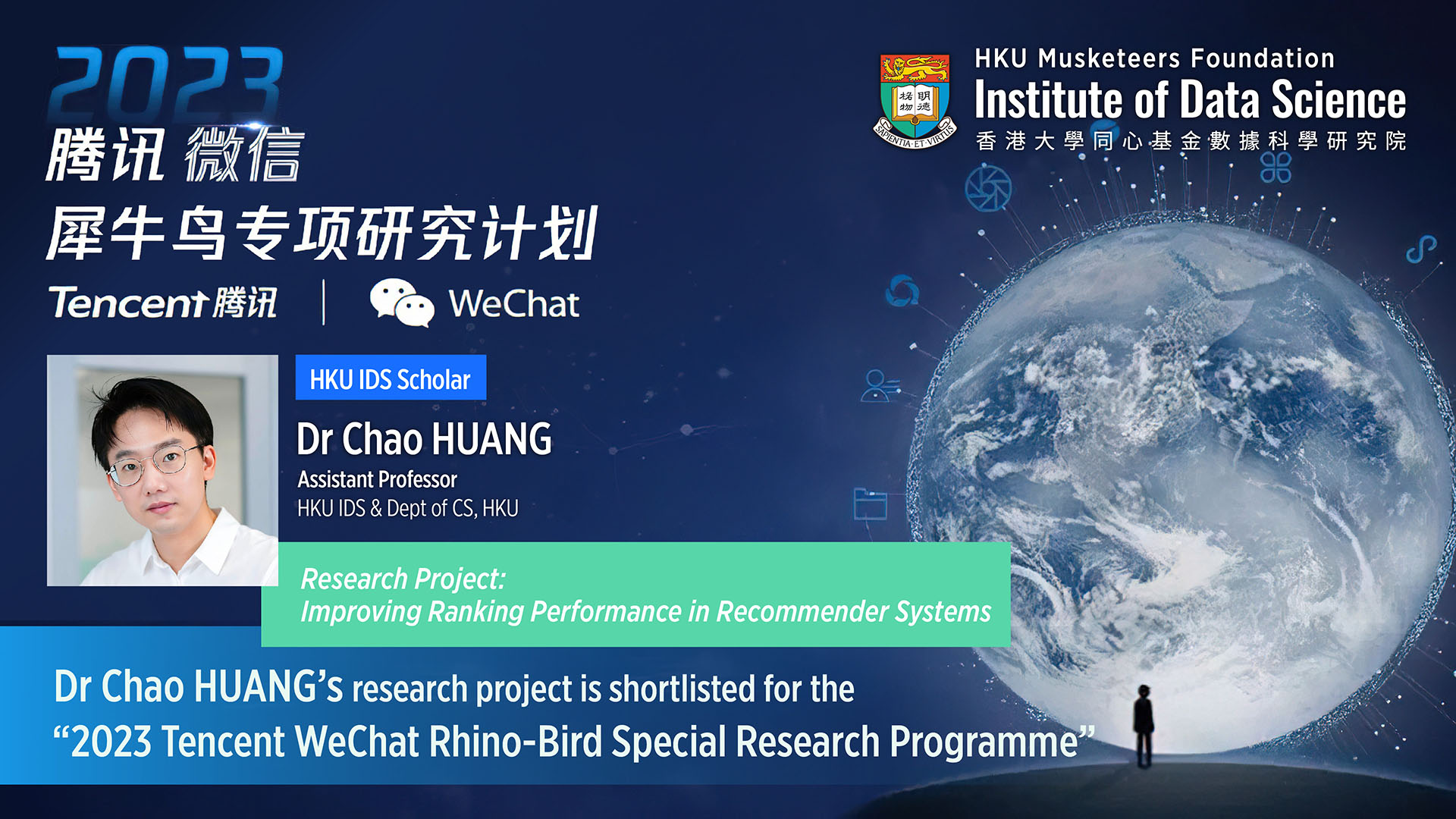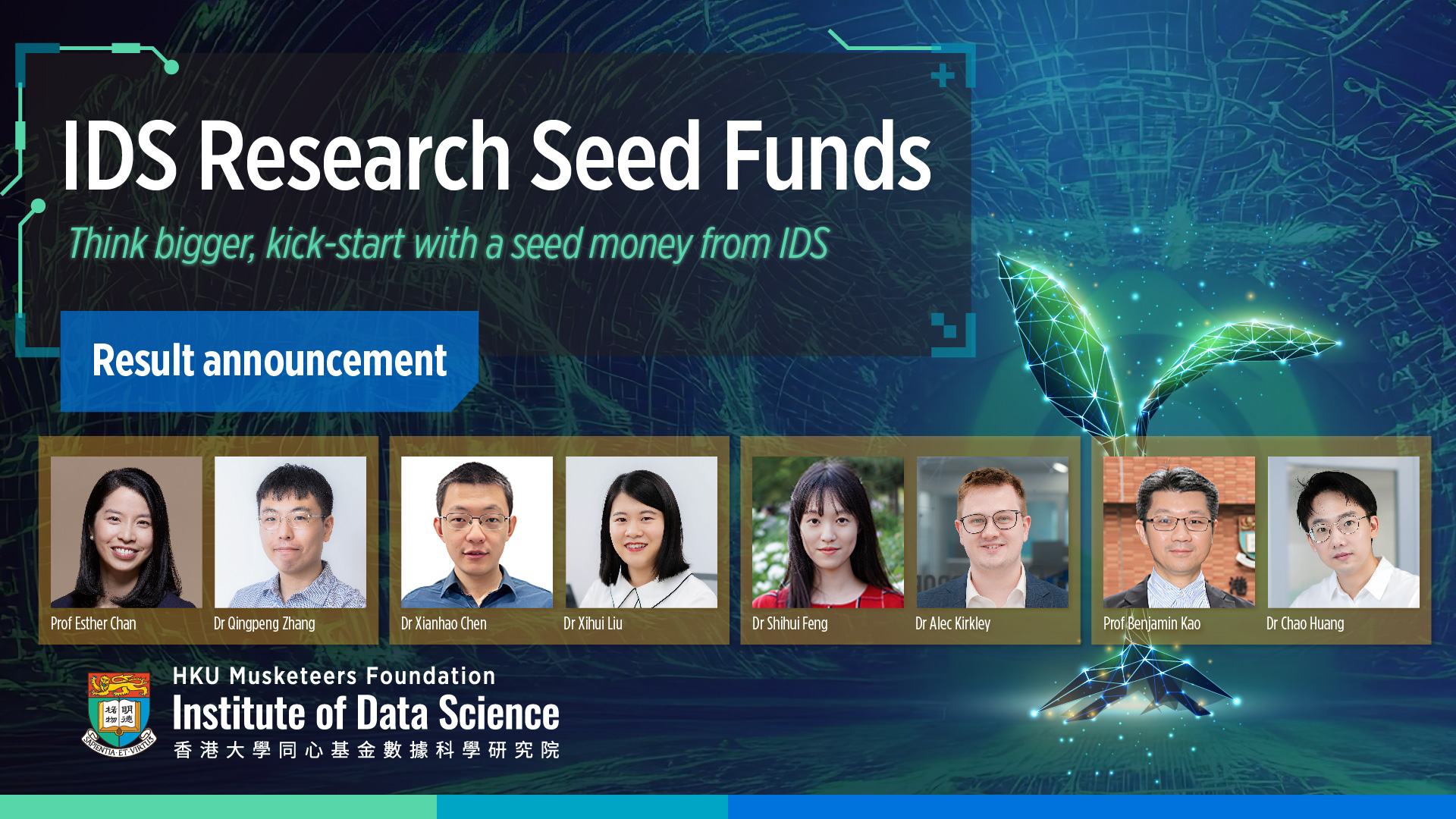
Result Announcement of IDS Research Seed Funds 2023
We are pleased to announce the results of the IDS Research Seed Funds 2023 (IDS-RSF 2023)! After the vigorous assessment by the HKU IDS Steering Committee members, the following outstanding interdisciplinary research projects have been awarded. The objective of the IDS Research Seed Funds is to strengthen the research synergy among IDS scholars and faculty members from other departments, and we look forward to witnessing the fruitful outcome of these collaborations.
Congratulations to all the awardees!
List of Awarded Research Projects for IDS-RSF 2023
(in chronological order of the PI’s surname)
Individualised Bleeding and Stroke Risk Prediction in Patients with Atrial Fibrillation: A Machine Learning Approach Using Multimodal Healthcare Big Data
Co-Investigators include:
- Dr Celine Chui, Assistant Professor, School of Nursing & School of Public Health
- Dr Eric Wan, Assistant Professor, Department of Family Medicine and Primary Care & Department of Pharmacology and Pharmacy
- Dr Gary Lau, Clinical Associate Professor, Department of Medicine, School of Clinical Medicine
- Prof Reynold Cheng, Associate Director, HKU IDS; Professor, Department of Computer Science
Project Abstract:
Oral anticoagulation therapy is essential among patients with atrial fibrillation (AF) to prevent thromboembolic events. However, the use of oral anticoagulants, including non-vitamin K antagonist oral anticoagulants (NOACs) and warfarin, is associated with bleeding events. This study aims to develop a machine learning method to predict the individualised bleeding and stroke risk in patients with AF by integrating multimodal medical information and considering the dynamic changes in patient’s medical history and prognosis, quantify and contrast the risk-benefit of different interventions to individual patients and subpopulations with different comorbidities, and identify modifiable risk factors and estimate their effect on individualised bleeding and stroke risks.
It is anticipated that further external funding could be acquired to support the development of a web-based application or mobile app for use by healthcare professionals and patients. The application will present individualised risk of stroke and bleeding, and visualisation of the effect of different interventions and modifiable risk factors in reducing these risks to promote real-world clinical practice.
Split Learning over 5G+ Edge Computing:
Enabling Deep Learning on Resource-constrained Devices
Project Abstract:
Despite the inherent privacy preservation, on-device training, including federated learning, often imposes excessive computing and memory demands on end devices. This issue is further exacerbated by the continuous growth in AI model sizes, such as the emergence of large language models. To address these significant challenges, this project introduces the edge split learning framework, which leverages 5G+ multi-access edge computing (MEC) systems to facilitate model training for pervasive end devices by splitting models into user-side and server-side parts. This approach retains sensitive raw data on local devices while offloading the majority of the workload to MEC servers based on model splitting. The project aims to serve as an initial effort in designing such MEC systems from both learning and resource management perspectives. First, we devise resource-efficient split learning techniques that substantially reduce communication and computing costs compared to existing split learning schemes, which is particularly crucial for wireless edge systems. Second, we propose learning-oriented radio and computing resource management strategies to enhance performance for split learning at the 5G+ edge. These tasks converge to enable edge split learning at the 5G+ edge, which could play a critical role in not only advancing 5G+ MEC technologies but also realizing the vision of Artificial Intelligence of Things.
Intelligent Tutoring System for Collaborative Learning: A Hypergraph Approach to Analyzing Asynchronous Learning Process Data
Research Theme(s): Foundation of Data ScienceApplication of Data ScienceMachine Learning
Project Abstract:
This project focuses on developing an intelligent AI-supported collaborative learning system (AICLS) that analyses asynchronous learning process data using a new proposed hypergraph approach to provide adaptive knowledge co-construction coaching. A new principled and non-parametric hypergraph segmentation algorithm will be developed to analyze the dynamics of students’ cognitive engagement in small-group collaborative learning tasks. This project is well aligned with the HKU IDS themes of Smart Society and Fundamental Data Science, and will make significant theoretical, methodological, and practical contributions to the research field of AI in education. The expected deliverables of the project include research articles and an external grant application.
CREC – An LLM-based Conversational Public Legal Knowledge Recommendation System
Research Theme(s): Explainable AIApplication of Data ScienceMachine Learning
Project Abstract:
With advances in information technology, legislation and judgments (i.e., the “primary legal sources” used by legal professionals), are available online for public accesses. However, due to the highly technical nature of the legal knowledge, it is generally very difficult for the general public to navigate the large volume of legal information, identify the correct legal issue, and find the relevant legal rules that they need. The project’s objective is to bridge the legal knowledge gap by applying data science technology such as large-scale pre-trained language models (LLMs) and conversational recommendation systems. Specifically, we study how LLMs help construct a “Legal Question Bank” (LQB) that serves as model questions whose answers could be found in specific legal documents. Moreover, we develop a natural language conversational recommendation system that converses with a user to understand the user’s legal situation in order to shortlist relevant legal questions from the LQB. Finally, we study how to use LLMs to verbally explain to the user the legal concepts exemplified by each shortlisted question and how the question is legally relevant to the user’s situation.




